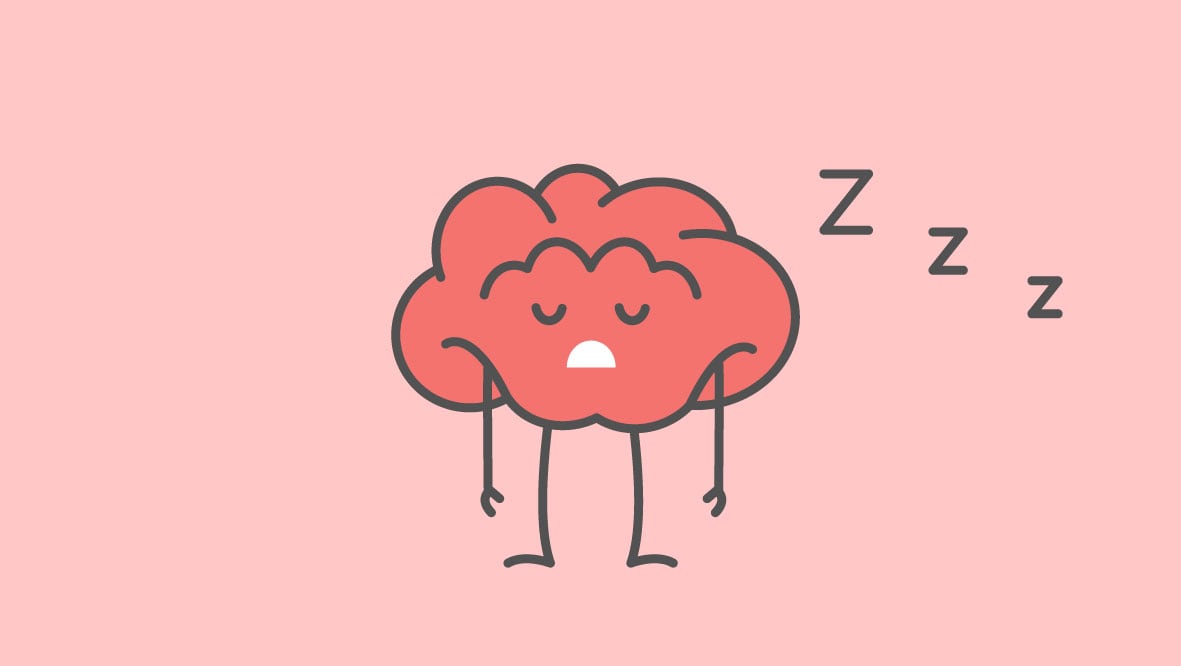Our brains want us to be lazy evolutionarily speaking conserving energy is a good thing

Our Brains Want Us to be Lazy: Evolutionary Perspective on Conserving Energy

Introduction
It is a well-known fact that our brains are incredibly complex and powerful organs. They control everything we do, from breathing and heartbeat to decision-making and problem-solving. But have you ever wondered why sometimes it feels like our brains prefer the path of least resistance? Why do we sometimes procrastinate or choose not to engage in physically or mentally challenging tasks? The answer lies in evolution.
Evolutionary Advantage of Energy Conservation

From an evolutionary perspective, conserving energy is crucial for survival. Throughout human history, our ancestors faced numerous challenges, such as finding food, avoiding predators, and competing for mates. In such physically demanding environments, efficient energy use played a vital role. Those who could conserve energy when not necessary were more likely to survive and pass on their genes.
The Lazy Brain Phenomenon
Our brains are wired to optimize energy consumption, even in modern times when physical exertion is often unnecessary for survival. The brain has limited energy resources, and it constantly seeks efficiencies to ensure maximum performance. This natural inclination towards conserving energy can explain the phenomenon of laziness or the reluctance to engage in tasks that require effort.
Neurotransmitters and Energy Conservation
Neurotransmitters, the chemical messengers in our brains, play a crucial role in influencing our motivation and energy levels. For instance, dopamine, commonly associated with motivation and reward, is released when we accomplish a task or experience pleasure. However, dopamine is also released when we conserve energy by avoiding mentally or physically strenuous activities. This reward mechanism reinforces our brain’s desire to be lazy.
Influences of Modern Lifestyle
In today’s sedentary and technologically advanced society, our brains face new challenges. The easy accessibility of entertainment, such as video games and social media, requires minimal physical or mental exertion. These readily available distractions hijack our brain’s reward system, reinforcing laziness.
The Role of Genetics
Research suggests that genetics also play a role in determining our inclination towards laziness. Studies on animals have shown that some individuals possess genetic variations that make them naturally lazier than others. While the precise genes responsible for this behavior in humans are still being explored, it is clear that both genetic and environmental factors contribute to our lazy tendencies.
Overcoming the Evolutionary Pull
Understanding the evolutionary basis for our brain’s inclination towards laziness can help us better manage our behavior. While conserving energy is natural and essential, it is crucial to strike a balance that allows us to lead fulfilling and productive lives. Recognizing when our brains are pushing us towards laziness and consciously choosing to engage in challenging tasks can foster personal growth and success.
Conclusion
In conclusion, our brains are wired to conserve energy, which stems from our evolutionary past. This inclination towards laziness can manifest in various aspects of our lives, influenced by neurotransmitters, modern lifestyle, and even genetics. By comprehending the evolutionary pull, we can make informed choices to overcome laziness and achieve our goals. So, the next time you feel compelled to take the easy way out, remember that it is ingrained in your nature, but not something you cannot overcome.
Share
Related Posts
Quick Links
Legal Stuff

